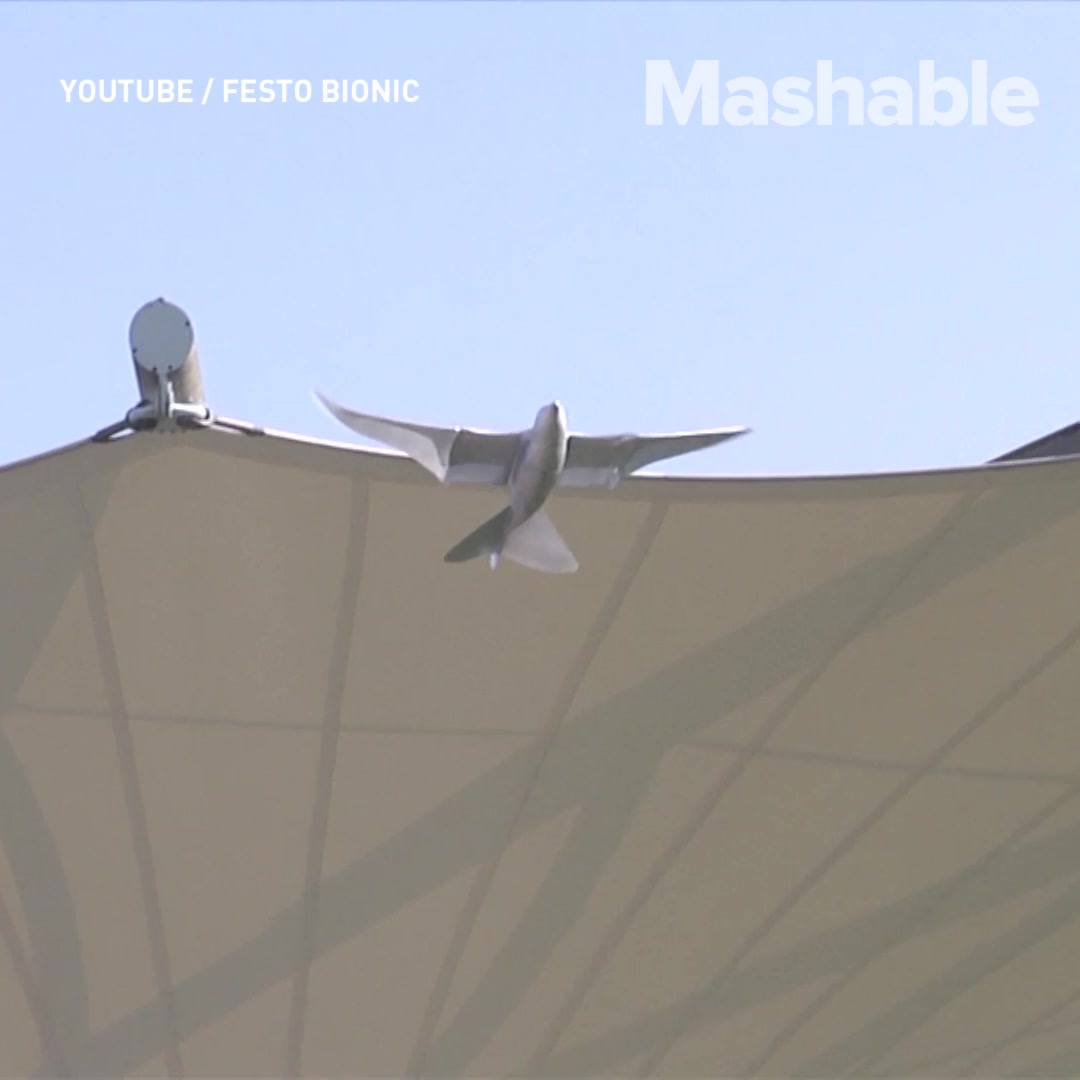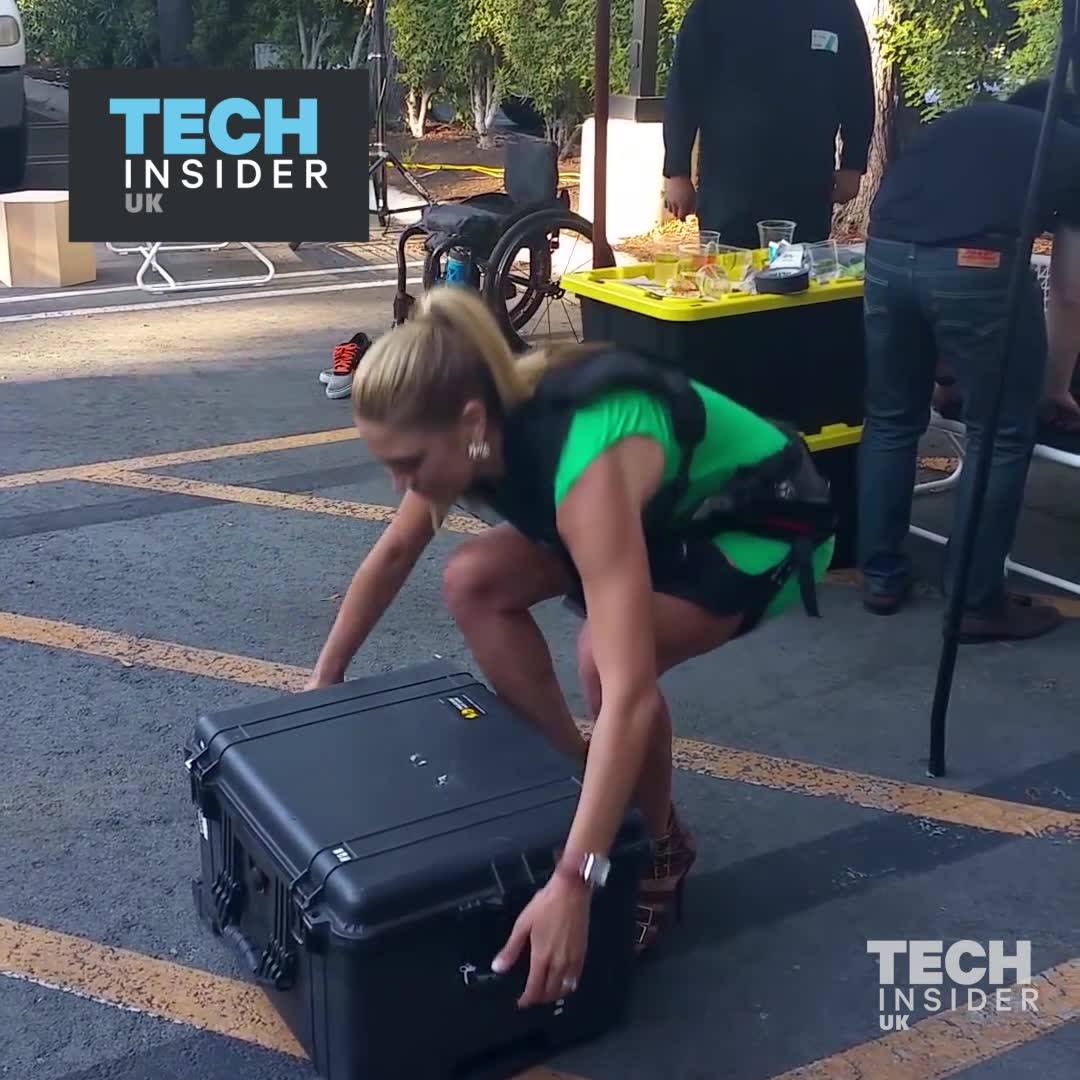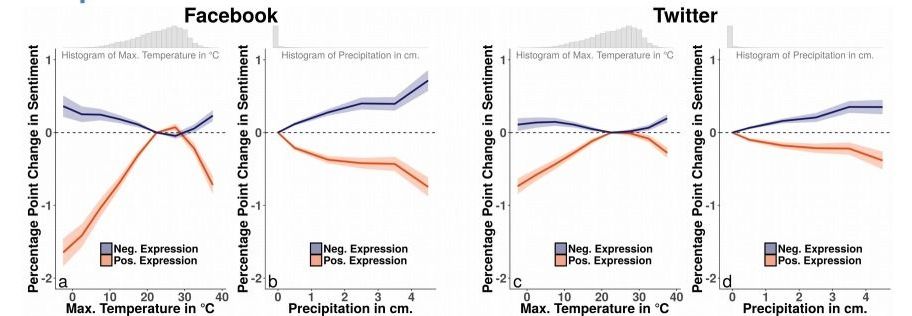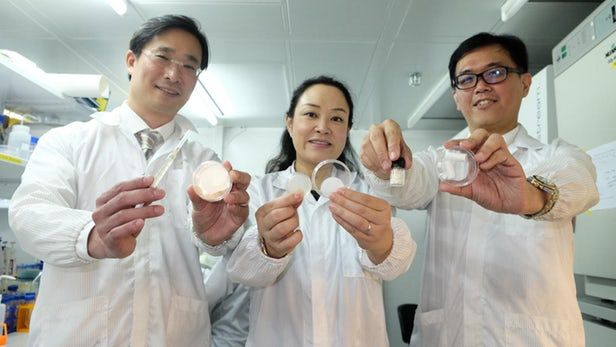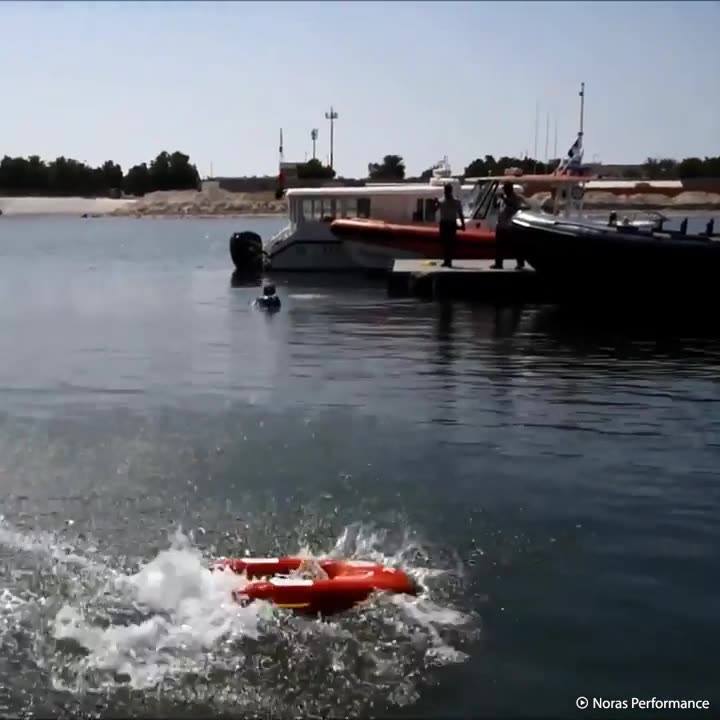Click on photo to start video.
Researchers at Macquarie University have discovered that a naturally occurring protein in the body protects the eye from the common eye disease glaucoma, which is particularly sensitive to oxidation through environmental factors that may include cigarette smoke. The findings were published in Scientific Reports.
The researchers have demonstrated that the protein “neuroserpin” is critical to a healthy retina, regulating other enzymes and maintaining a natural protective environment in the eye.
Neuroserpin belongs to a family of proteins “serpins” that are particularly sensitive to oxidation through environmental factors.
Scientists have struggled to develop a single substance that can both speed up wound healing and reduce the formation of scars. Scar reduction medications tend to interfere with the natural process of healing, but now a team of researchers has created a novel skin patch that can reduce scarring and increase the pace of wound healing.
The team from Nanyang Technological University in Singapore discovered a key protein called Angiopoietin-like 4 (ANGPTL4) plays several roles over different phases of healing. ANGPTL4 not only reduces inflammation and induces new cell growth, but in later stages of healing it produces molecules that interfere with a key protein that induces scar tissue.
Excessive collagen production is a key factor in the scarring we are familiar with when a wound heals. The key to the new innovation was developing a way to modulate collagen production without turning it off completely, as it is fundamentally necessary for wound repair.

